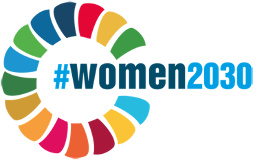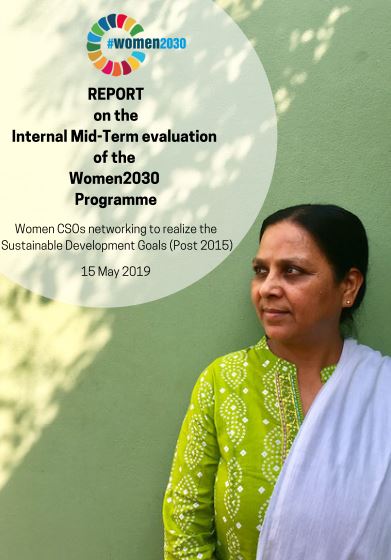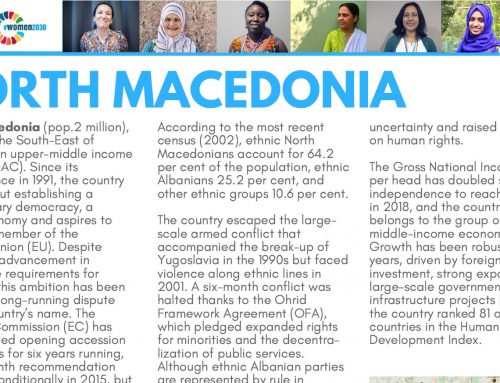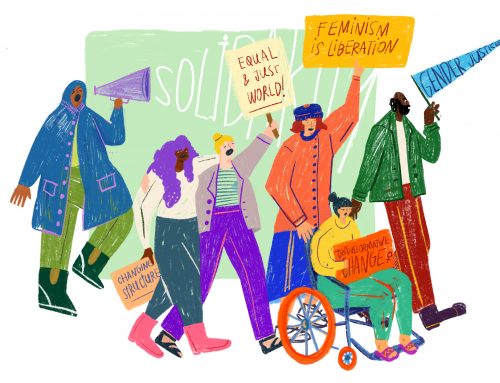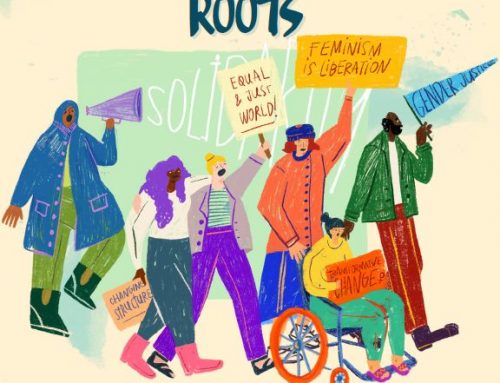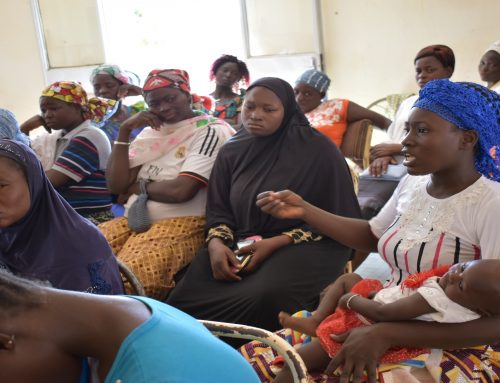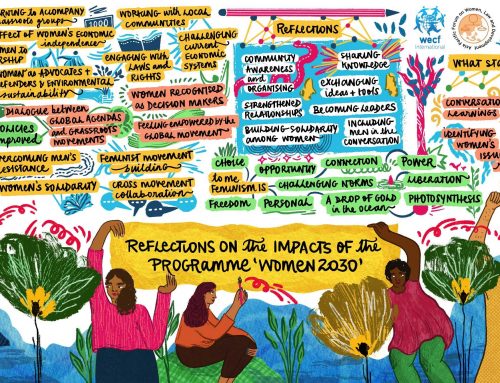The 54 month-programme Women2030 started in May 2016 and will be completed by November 2020. Together with the other Women2030 co-applicants and with the support of a consultant, WECF conducted an internal Mid-term Evaluation (MTE) in the first quarter of 2019. The MTE aimed to reflect on the activities and achievements so far, to learn from this and to plan for the remaining period. This report presents the findings of this MTE review.
Interviews of partners and meeting in Bangkok
WECF invited some of their partner experts to take part in the evaluation by assessing the implementation of the activities, the impacts achieved, and ways to improve the programme. WECF and the other co-applicants met in Bangkok from 27 to 29 March 2019, back to back with the Asia Pacific Forum for Sustainable Development, to discuss their findings and next steps for the 1,5 years of Women2030.
Key findings of the MTE report
- Implemented activities: the activities of the Women2030 programme were useful and appropriate, and crucial to making SDG monitoring and review possible. The increased understanding on gender equality and the SDGs is highly appreciated and crucial for engaging in further Women2030 activities, such as advocacy and outreach.
- Constraints: The nature of encountered constraints varied from structural barriers, such as patriarchal values and traditional gender roles, to more practical constraints, such as the remoteness of the communities of local community-based organisations (CBOs). Overall, despite constraints, the implementation of Women2030 has been progressing largely as planned.
- Impact: Within the first two years, the project has already achieved many of its targets. Examples of genuine outcomes and impact could be reported at four levels: (i) organizational; (ii) increased capacities and awareness; (iii) community and individual level; and (iv) as a result of advocacy.
- Sustainability and follow-up: Many of the capacities built and results achieved are likely to last. At the same time, the continuation of activities, such as monitoring of SDGs and influencing policies, will require continued support and funding. The co-applicants and partners have the ambition to continue working on this, preferably in a joint follow-up project. Sufficient funding for follow-up is both essential and a challenge.
The full report is available here.

